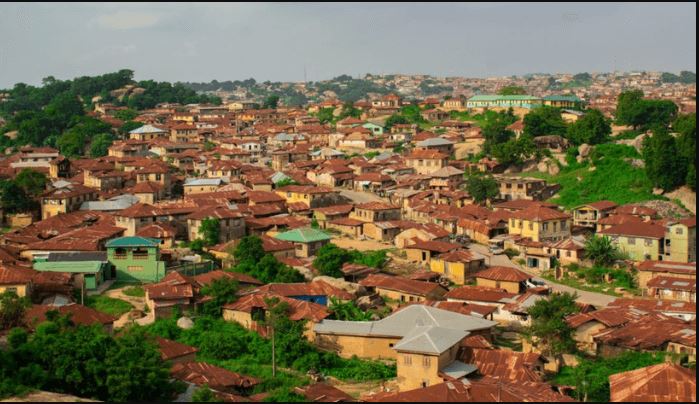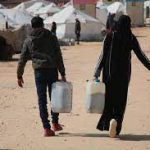
For the longest time, the grapple is the thought of what it would take to completely eradicate the menace of misinformation and disinformation in our society.
In the our evolving world right now, we are seeing underrepresented communities defend their truth against media manipulation, including AI-enabled tactics.
Organisations around the world, most especially media organisations, have the burden of increasingly creating pathways to provide their audiences with the truth, and this could only be done by equipping more people with tools and resources that help them displace fact from fiction.
Recently, WITNESS Global, a non-profit organisation based in Brooklyn, NY, launched a project that addresses these issues of misinformation and disinformation by equipping journalists with the necessary tools for fact-checking and visual verification—a first-of-its kind project that began with the convening of seventeen (17) inception cohort members from West and Central Africa for an intensive workshop in Abuja, Nigeria, between the 29th and 3rd of May 2024.
As one of the participants in this workshop, some of the things I have been introduced to include skills in digital verification, open-source investigation, archiving practices, and data analysis. There is no better way to empower communities to defend their human rights and strengthen democracy than providing them with what is necessary.
Open Source Intelligence (OSINT) is not as technical as many think; although it takes practice, it is basically a unique way of gathering and analysing publicly available information from the deep web and the dark web to provide intelligence on specific issues. OSINT has been prevalent for years, although it gained more popularity during the COVID-19 era.
Through this project, WITNESS aims to elevate and leverage community knowledge alongside a robust community-based verification process, incorporating source assessment, content analysis, geolocation, chronolocation, reporting, and distribution.
Interestingly, the assumption that digital verification is a widespread skill has its basis in the privileges of a few and does not reflect the realities of the vast majority of frontline defenders and journalists whose work and lived experiences are under threat of being discredited.
The WITNESS approach is rooted in the belief that a community-based verification process is not only effective but also empowers individuals and communities to stand firm in the face of disinformation, including government-sponsored discrediting.
Nkem Agunwa, Africa Programme Manager, WITNESS, says that this project serves as a foundation that introduces the cohort members to skills and tools for new video-based strategies. Over the next twelve (12) months, WITNESS will provide ongoing support to the cohort members as they implement projects within their communities.
IN FOCUS: These projects will enable journalists to build robust verification processes, from tool development to journalistic investigations and the creation of verification hubs in their communities.
By developing skills in audio-visual analysis, this project aims to leverage the cohort members’ skills and knowledge to raise the value of documentation so that it can be reliably used by themselves or others seeking accountability. This will simultaneously push back dismissals, denials, and delegitimization and fortify communities with the power to defend their truth by legitimising their collective wisdom.
Personally, I was thrilled by different sides of the knowledge I acquired, from reverse imagery, geo-location, and learning how to archive material.
In Africa, one of the major problems we have is preserving information, but with this knowledge gained, I am even more particular about how important it is to archive material and artefacts to safeguard truthful narratives, and I look forward to imparting this knowledge within my sphere of influence.









